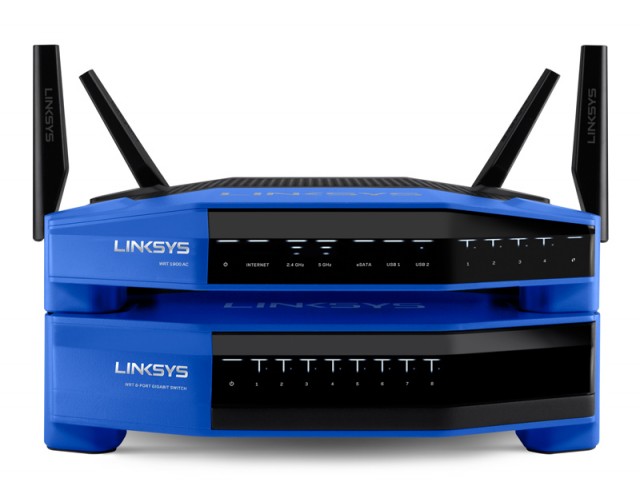US Rep. Marsha Blackburn (R-TN) this week filed legislation she calls the “Internet Freedom Act” to overturn the Federal Communications Commission’s new network neutrality rules.
The FCC’s neutrality rules prohibit Internet service providers from blocking or throttling Internet traffic, prohibit prioritization of traffic in exchange for payment, and require the ISPs to disclose network management practices.
These rules “shall have no force or effect, and the Commission may not reissue such rule in substantially the same form, or issue a new rule that is substantially the same as such rule, unless the reissued or new rule is specifically authorized by a law enacted after the date of the enactment of this Act,” the Internet Freedom Act states.
Read 14 remaining paragraphs | Comments


